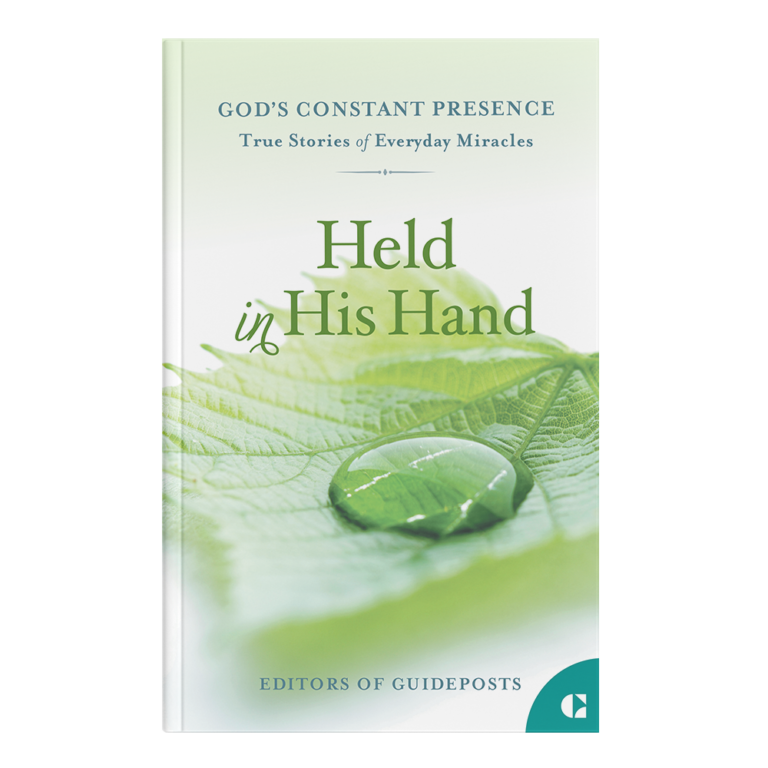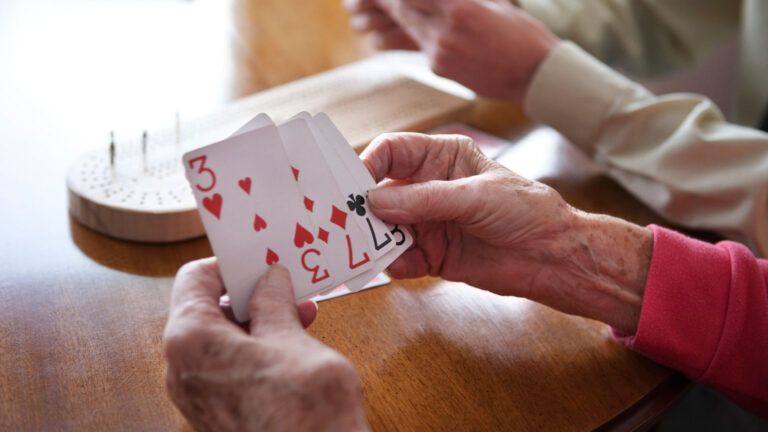I paused when I read the playwright Matthew Lopez refer to himself in The New York Times as a “foxhole Episcopalian.”
Not that the expression was hard to parse but I hope he didn’t say it apologetically, as in “I don’t ever darken the door of a church unless something’s going terribly wrong.” If that’s so, what’s so wrong with that? Foxhole faith can be mighty powerful and foxhole prayers are some of the richest kind we make.
There are people in this world who keep a running dialogue with God about what’s going on in our lives. “Prayer is just conversation with God,” they say confidently enough. I know that kind of prayer and I do it at times, endorse it even. In my life as a magazine editor, perhaps the most controversial story we ever ran was one from a woman who prayed to God when she lost her makeup bag on a weekend trip. Many readers were horrified. “Why would she pray about something so superficial?” they asked. “With all the problems in the world, why pray about a make-up kit?”
First of all, I’m not so sure it’s superficial—I’ve learned that much from a couple decades of marriage. The point of the story, it seemed to me, was that yes, you should talk to God about everything. A God who numbers the hairs on our head shouldn’t mind hearing about Estée Lauder, Lancôme and Revlon. It might be a welcome change.
But what if you haven’t talked to God at all, not since your now-I-lay-me-down-to-sleep days and you’re not even sure God exists and then you’re hit with a devastating loss or a case of cancer or an emergency trip to the E.R.? Why shouldn’t you pray then and why couldn’t that prayer be powerful?
My son got me to watch one of those TEDTalks videos that you hesitate to download because you know you’re not going to get anything else done for the next 20 minutes. The woman, a scholar researcher Brené Brown, had me completely captivated with “The Power of Vulnerability.” The uncomfortable truth of the matter is we’re at our best as humans when we allow ourselves to be the most vulnerable. And there’s nothing more vulnerable-making than a foxhole.
I found myself in one the other day. I had a frightening lapse of memory at the office, one of those things you can’t even laughingly shrug off as a senior moment. I was in a meeting for over 10 minutes without any awareness of why I was there and what I was supposed to do. I told my colleagues there was something wrong, something seriously wrong with my head. And they knew I wasn’t fooling when I couldn’t come up with my own home phone number.
I ended up being taken in an ambulance to the E.R., my wife meeting me there. I answered a barrage of questions, counting backwards by sevens, seeing if I could remember three words (“yellow,” “Empire State Building,” “the Bronx”). They gave me an MRI and a series of blood tests. So far—thank God—nothing big has been found. But I remember praying in that ambulance, strapped to my seat like a rag doll, the baby-faced EMT looking at me guardedly as I repeated in my head, “Jesus Christ, have mercy upon me, make haste to help me, rescue me and save me…” Couldn’t remember my phone number but that much I could remember. A prayer I’ve said a thousand times before and needed now.
It was a foxhole moment and it served its purpose. I was more than glad to be vulnerable with God, even as I was chagrined that I had made myself so dramatically vulnerable before my colleagues.
After six hours I came home, one thought running through my head: “God only helps those who help themselves” is not in the Bible because it’s simply not true. God helps those who are willing to trust. A foxhole moment is just when I want to be with my friends. Why wouldn’t God want to be with me then? Don’t ever apologize for a foxhole prayer or even a foxhole faith.





